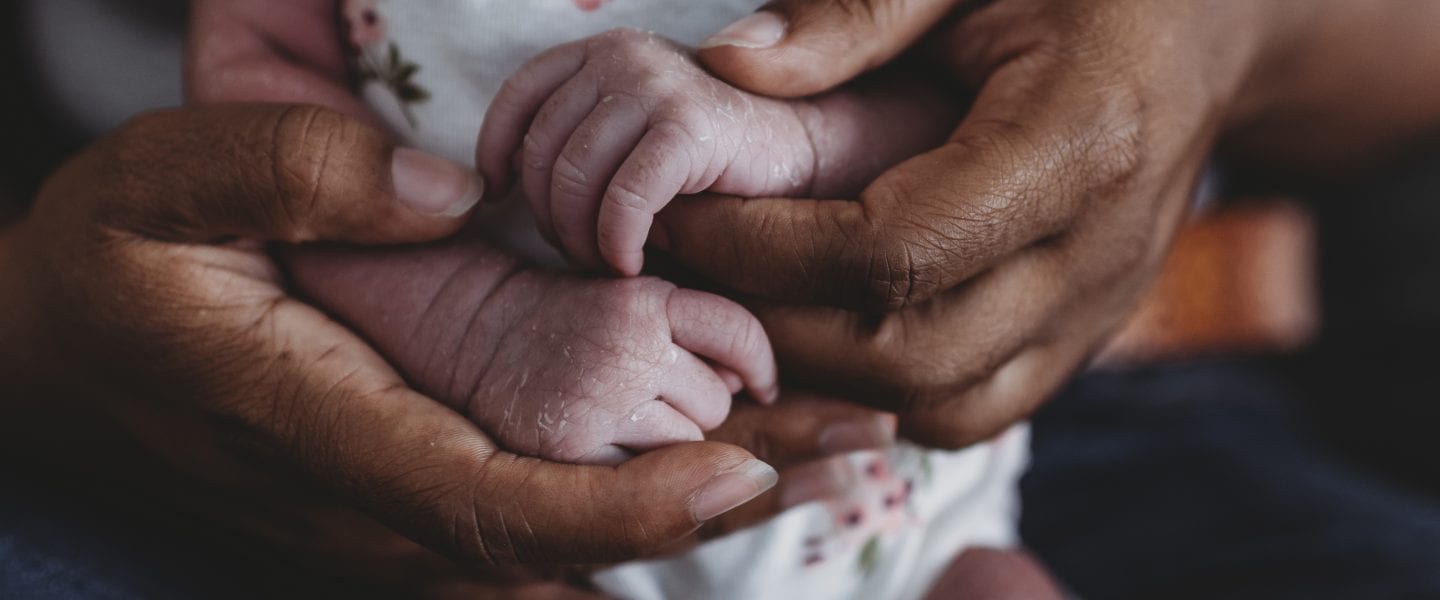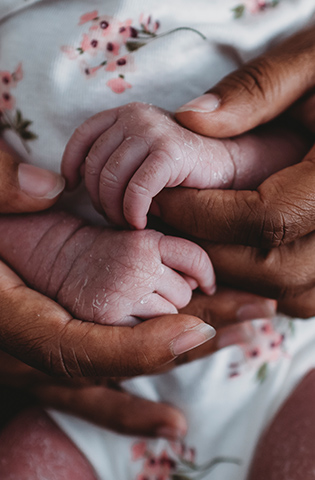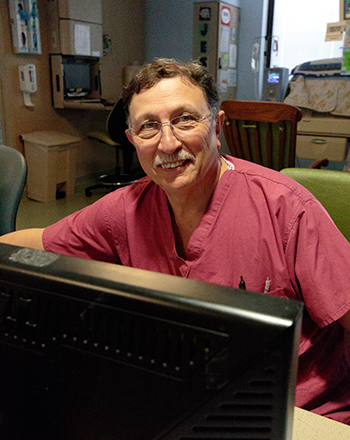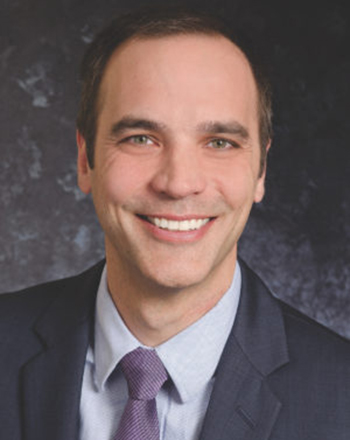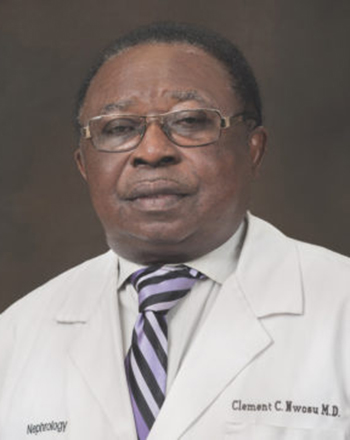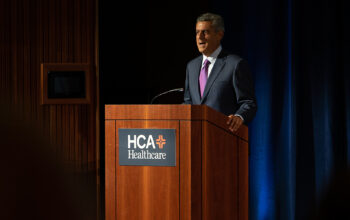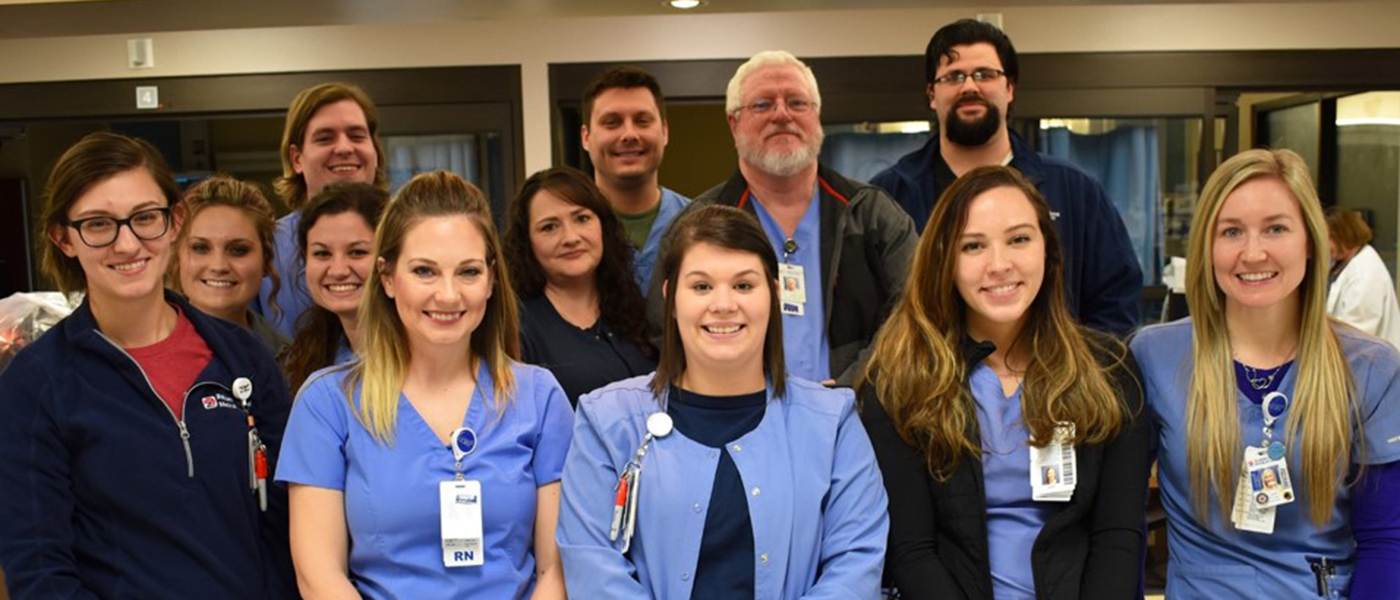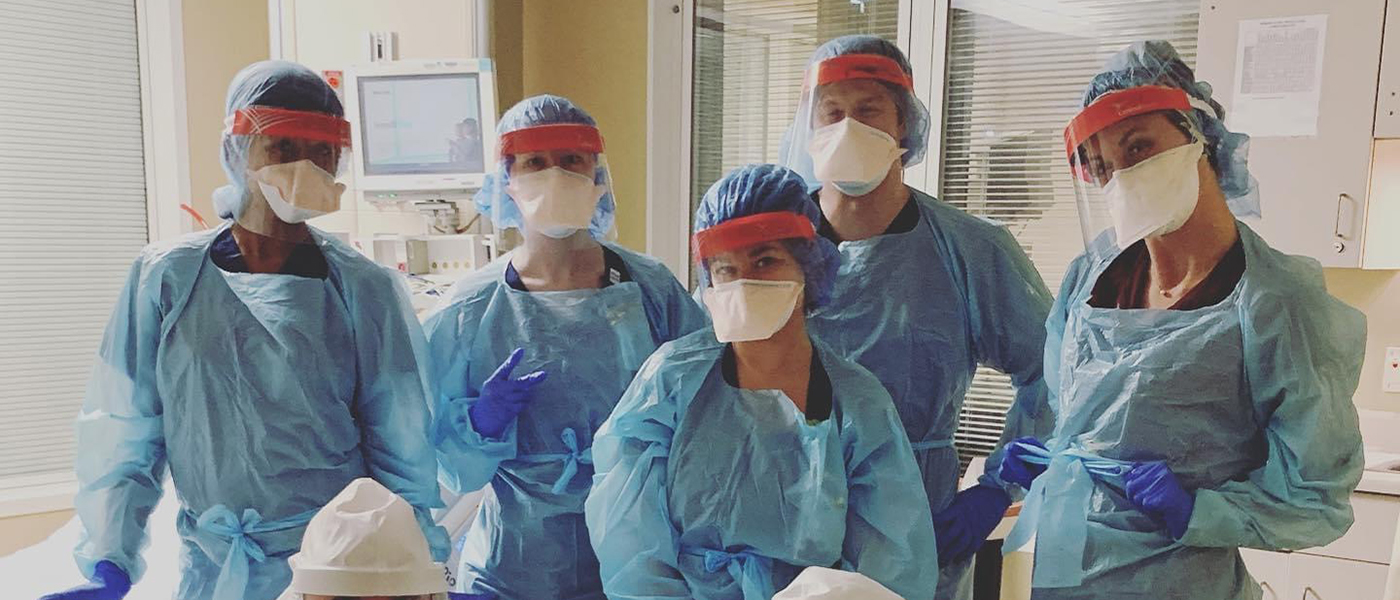Beginning his career in medicine at age 23, Dr. Sami Ismail found his mentor. A pediatrician took him under his wing and introduced him to the amazing world of healing children.
“I watched Dr. Homsi work very hard to bring the first children’s hospital to Aleppo, a city of a million and a half people in Syria. I was the first resident, and the first chief resident. We had a great impact. People often were fatalistic in believing that if a child was sick or broken, it was God’s will to take them. As we helped babies survive, that attitude changed.
“In the late 1970s, Syria went through a time of intense political turmoil and the emergence of religious fanaticism. Dr. Homsi was very outspoken. He was very much against any form of extremism and spoke his mind. “This caught the attention of some of the religious fanatics,” says Dr. Ismail. “We were in his office at the hospital discussing a case when four people walked in and assassinated him. I survived by a miracle.”
Dr. Ismail left Syria and made a home and career in the United States, always continuing to help the tiniest patients. He supports the March of Dimes Learning for Babies conference and is responsible for the revival of Parents Reach Out, a support group for parents of hospitalized babies. He helps children from the Middle East get medical care in the U.S. that would otherwise not be available to them. As a neonatologist at TriStar Centennial Medical Center in Nashville, his leadership has helped the neonatal intensive care unit (NICU) successfully treat thousands of infants born prematurely, including a newborn who was born weighing less than one pound.
“Neonatology is the most rewarding field in medicine,” he says. “You help babies who do not speak and are in dire need. We give these babies a gateway to life. We help them survive. And we help them have a better quality of life after they survive.”
Even as Dr. Ismail helps his patients and soothes the concerns of their parents at TriStar Centennial, he has committed time and resources to keeping his mentor’s children’s hospital in Aleppo running. He offered financing, equipment and training for a NICU and supported a pediatric intensive care unit for older children. The current turmoil in the area makes it far more difficult to provide help, but Dr. Ismail does not give up.
“I am waiting for things to settle down because I have tons of equipment and supplies we would like to deliver,” he says. “This hospital has been a jewel for caring for patients for many years. It has made an impact, and seeing that impact drives me to continue to do more.”
